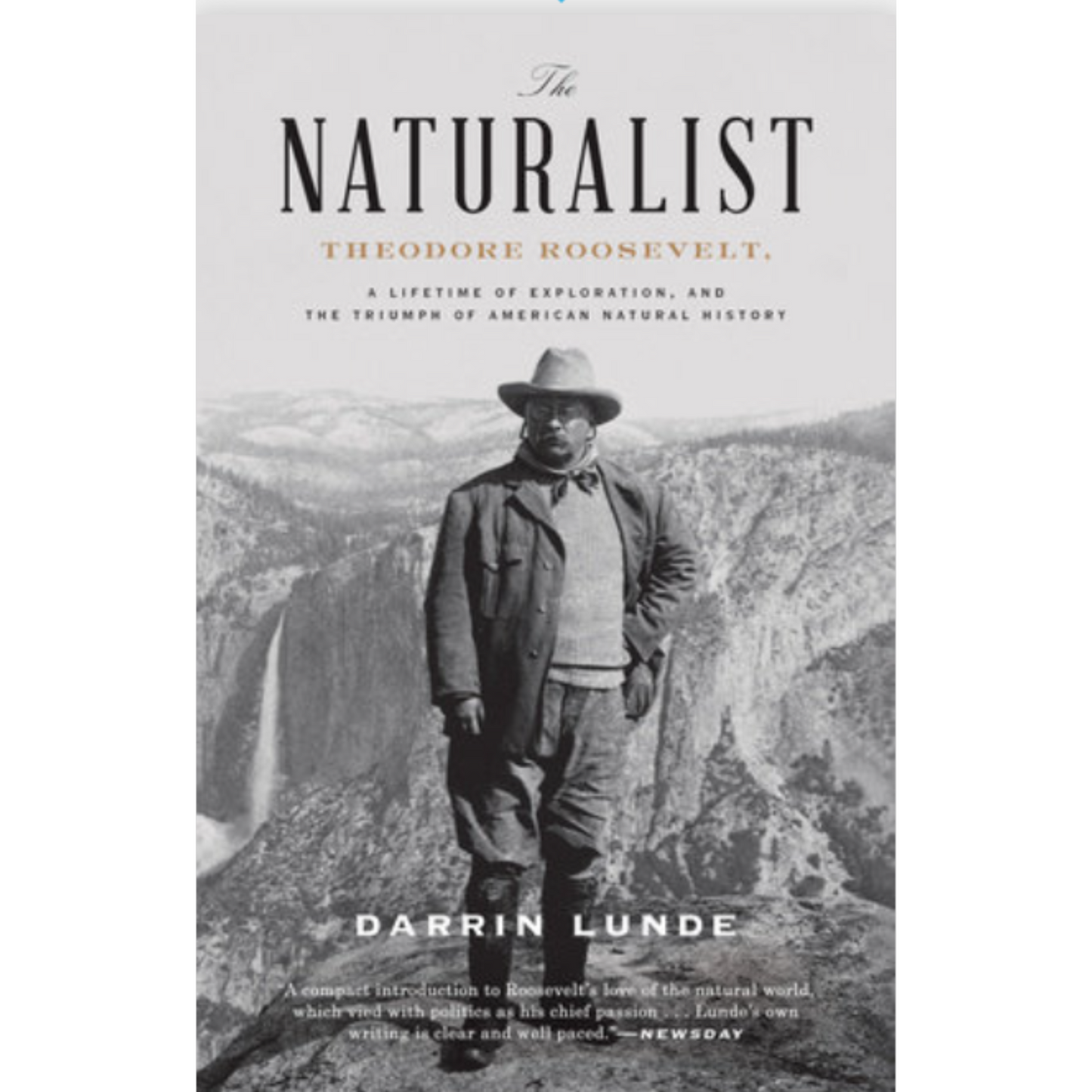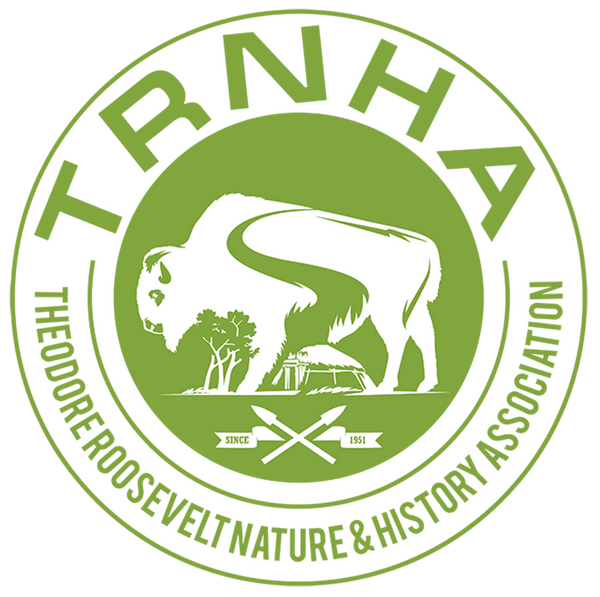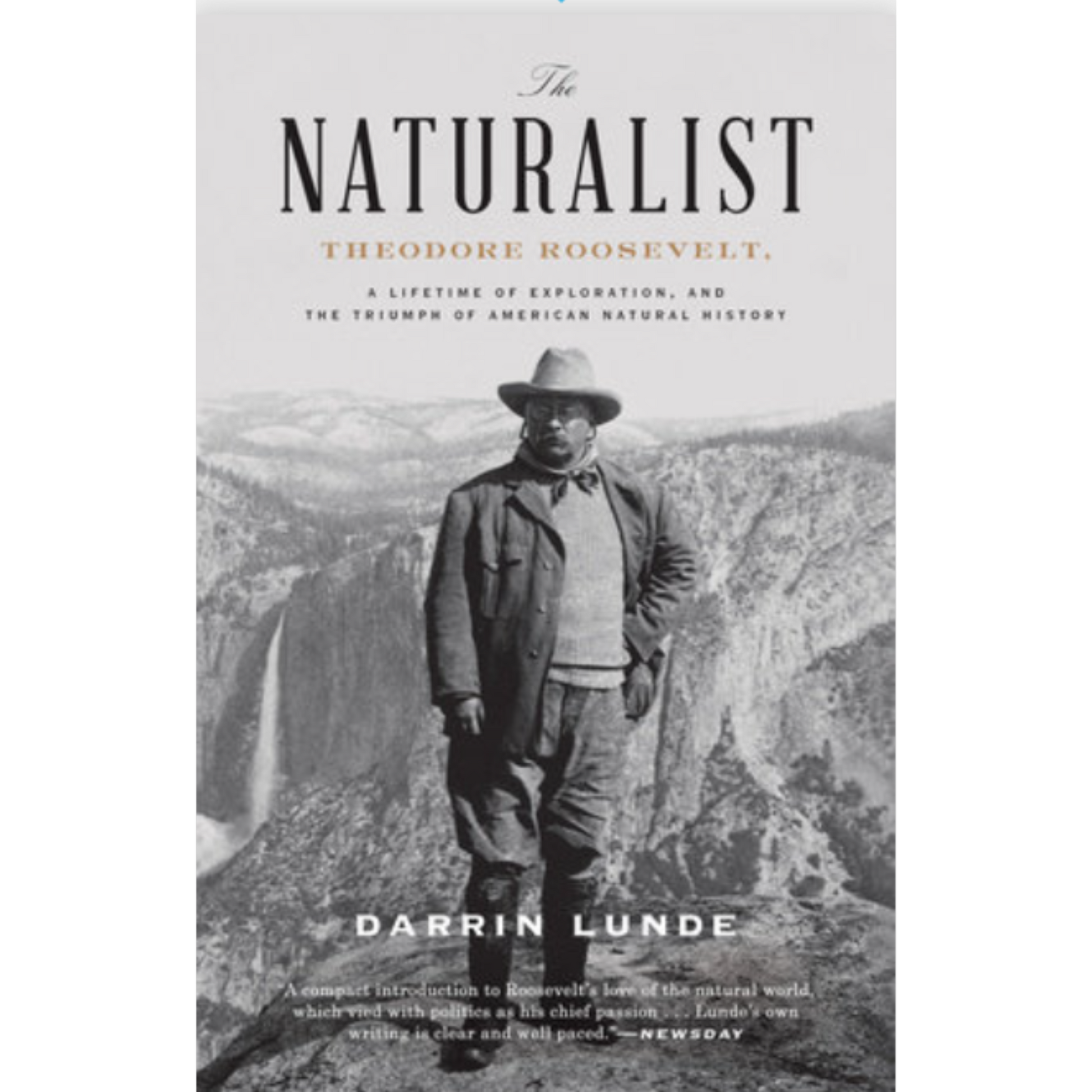Penguin Random House
Naturalist, the
Naturalist, the
Couldn't load pickup availability
THEODORE ROOSEVELT, A LIFETIME OF EXPLORATION, AND THE TRIUMPH OF AMERICAN NATURAL HISTORY
A captivating account of how Theodore Roosevelt’s lifelong passion for the natural world set the stage for America’s wildlife conservation movement and determined his legacy as a founding father of today’s museum naturalism.
No U.S. president is more popularly associated with nature and wildlife than is Theodore Roosevelt—prodigious hunter, tireless adventurer, and ardent conservationist. We think of him as a larger-than-life original, yet in The Naturalist, Darrin Lunde has firmly situated Roosevelt’s indomitable curiosity about the natural world in the tradition of museum naturalism.
As a child, Roosevelt actively modeled himself on the men (including John James Audubon and Spencer F. Baird) who pioneered this key branch of biology by developing a taxonomy of the natural world—basing their work on the experiential study of nature. The impact that these scientists and their trailblazing methods had on Roosevelt shaped not only his audacious personality but his entire career, informing his work as a statesman and ultimately affecting generations of Americans’ relationship to this country’s wilderness.
Drawing on Roosevelt’s diaries and travel journals as well as Lunde’s own role as a leading figure in museum naturalism today, The Naturalist reads Roosevelt through the lens of his love for nature. From his teenage collections of birds and small mammals to his time at Harvard and political rise, Roosevelt’s fascination with wildlife and exploration culminated in his triumphant expedition to Africa, a trip which he himself considered to be the apex of his varied life.
With narrative verve, Lunde brings his singular experience to bear on our twenty-sixth president’s life and constructs a perceptively researched and insightful history that tracks Roosevelt’s maturation from exuberant boyhood hunter to vital champion of serious scientific inquiry.
Share


